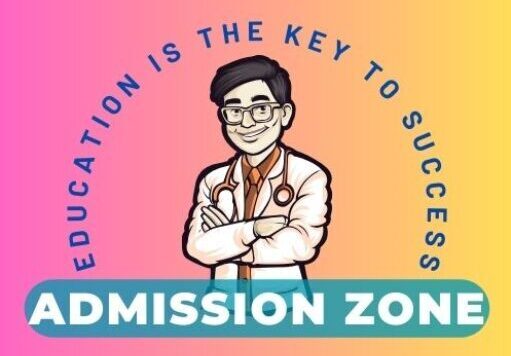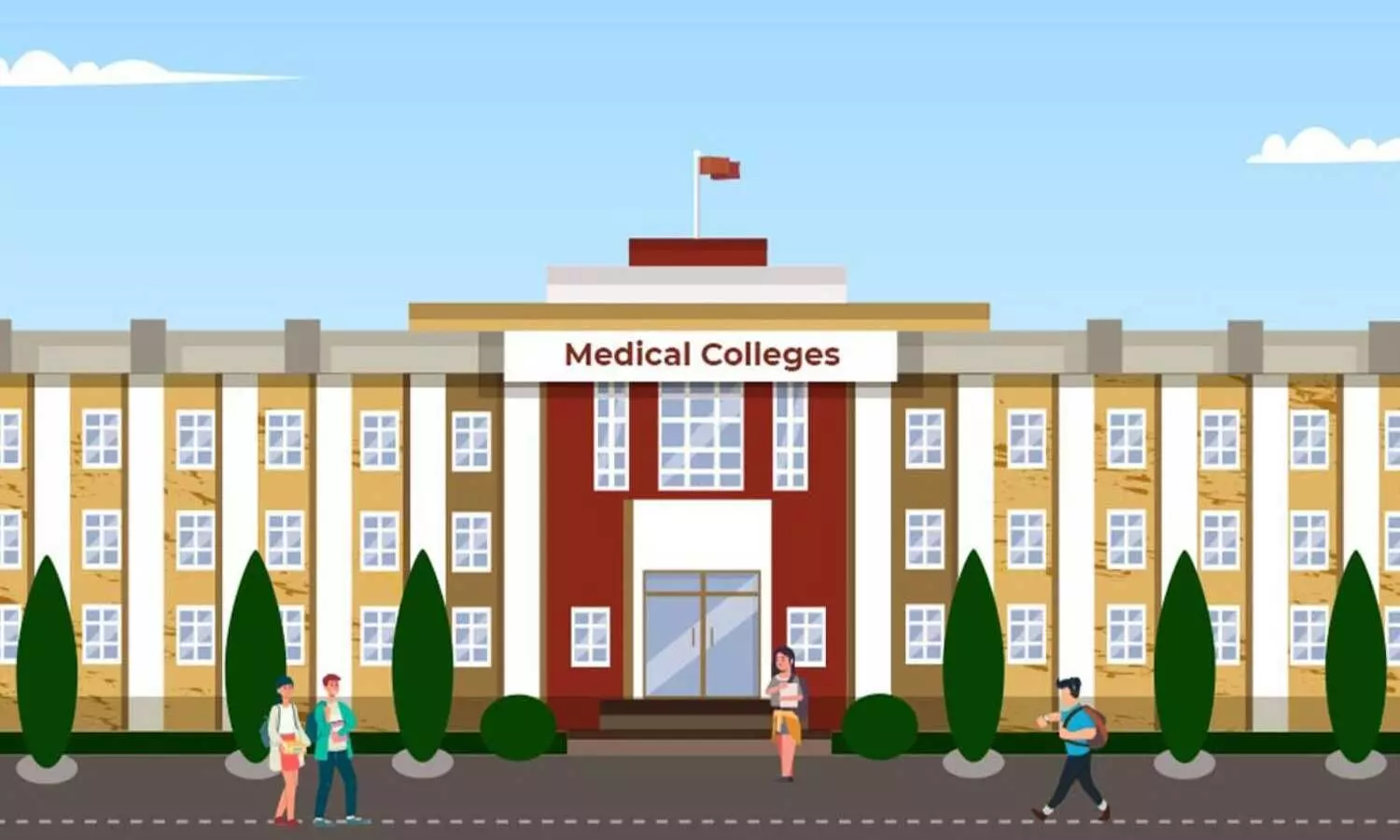Exploring the Landscape of Medical Colleges: A Comprehensive Guide
Medical colleges play a pivotal role in shaping the future of healthcare professionals. These institutions serve as nurturing grounds for aspiring doctors, surgeons, and specialists, laying the foundation for a robust healthcare system. In this comprehensive guide, we delve into the various facets of medical college, encompassing their significance, admission processes, and the transformative journey of medical education.
Table of Contents
ToggleThe Significance of Medical Colleges:
Medical colleges are esteemed educational institutions dedicated to imparting knowledge and skills in the field of medicine. They are essential contributors to the healthcare ecosystem, producing competent and compassionate healthcare professionals who play pivotal roles in disease prevention, diagnosis, and treatment.
1. Academic Excellence:
- Medical colleges are known for their commitment to academic excellence. The curriculum is meticulously designed to provide a comprehensive understanding of medical sciences, clinical practices, and ethical standards.
2. Clinical Exposure:
- Clinical exposure is a cornerstone of medical education. Medical colleges ensure that students gain hands-on experience through internships, residencies, and practical training, preparing them for real-world healthcare challenges.
3. Research and Innovation:
- Many medical colleges actively engage in research and innovation, contributing to advancements in medical science. Students are encouraged to participate in research projects, fostering a culture of inquiry and discovery.
4. Professional Development:
- Beyond academic knowledge, medical colleges focus on holistic professional development. Soft skills, communication, and ethical practices are emphasized to shape well-rounded healthcare professionals.
Admission Processes:
Admission to medical colleges is a competitive and multi-faceted process. Different countries and regions may have varying admission criteria, but several common elements characterize the process.
1. Entrance Examinations:
- Entrance exams like the Medical College Admission Test (MCAT), NEET (National Eligibility cum Entrance Test), and others serve as benchmarks for assessing candidates’ aptitude for medical studies.
2. Application Process:
- Prospective students submit applications to their chosen medical college. Applications typically include academic records, standardized test scores, letters of recommendation, and personal statements.
3. Interview Rounds:
- Shortlisted candidates often undergo interview rounds to assess their interpersonal skills, motivation, and suitability for a career in medicine.
4. Admission Criteria:
- Admissions are based on a combination of factors, including academic performance, entrance exam scores, extracurricular activities, and interview performance.
Transformative Journey of Medical Education:
Embarking on a medical education journey is transformative, shaping individuals personally and professionally. The rigorous curriculum, clinical exposure, and diverse learning experiences contribute to this transformation.
1. Foundation Years:
- The initial years focus on building a strong foundation in basic sciences, anatomy, physiology, and biochemistry.
2. Clinical Rotations:
- Students transition to clinical rotations, gaining hands-on experience in various medical specialties. This phase is crucial for practical skill development and exposure to different medical disciplines.
3. Specializations and Electives:
- In later years, students explore specialized areas of medicine through electives, helping them discover their areas of interest.
4. Residency and Internship:
- Residency and internship are integral components, providing real-world exposure and preparing students for the challenges of medical practice.
Admission Zone: Navigating Your Path to Medical Education:
Admission Zone serves as a guiding light for aspiring medical students, facilitating seamless admission processes. Specializing in direct admissions through Management and NRI quotas, Admission Zone offers personalized guidance, ensuring students find the right medical colleges for their aspirations.
Conclusion:
In conclusion, medical colleges are more than institutions; they are crucibles of knowledge, compassion, and expertise. The journey of medical education is transformative, shaping individuals into skilled and empathetic healthcare professionals. Whether navigating admission processes or embarking on the transformative journey, a comprehensive understanding of medical colleges is key to a successful and fulfilling career in medicine.







